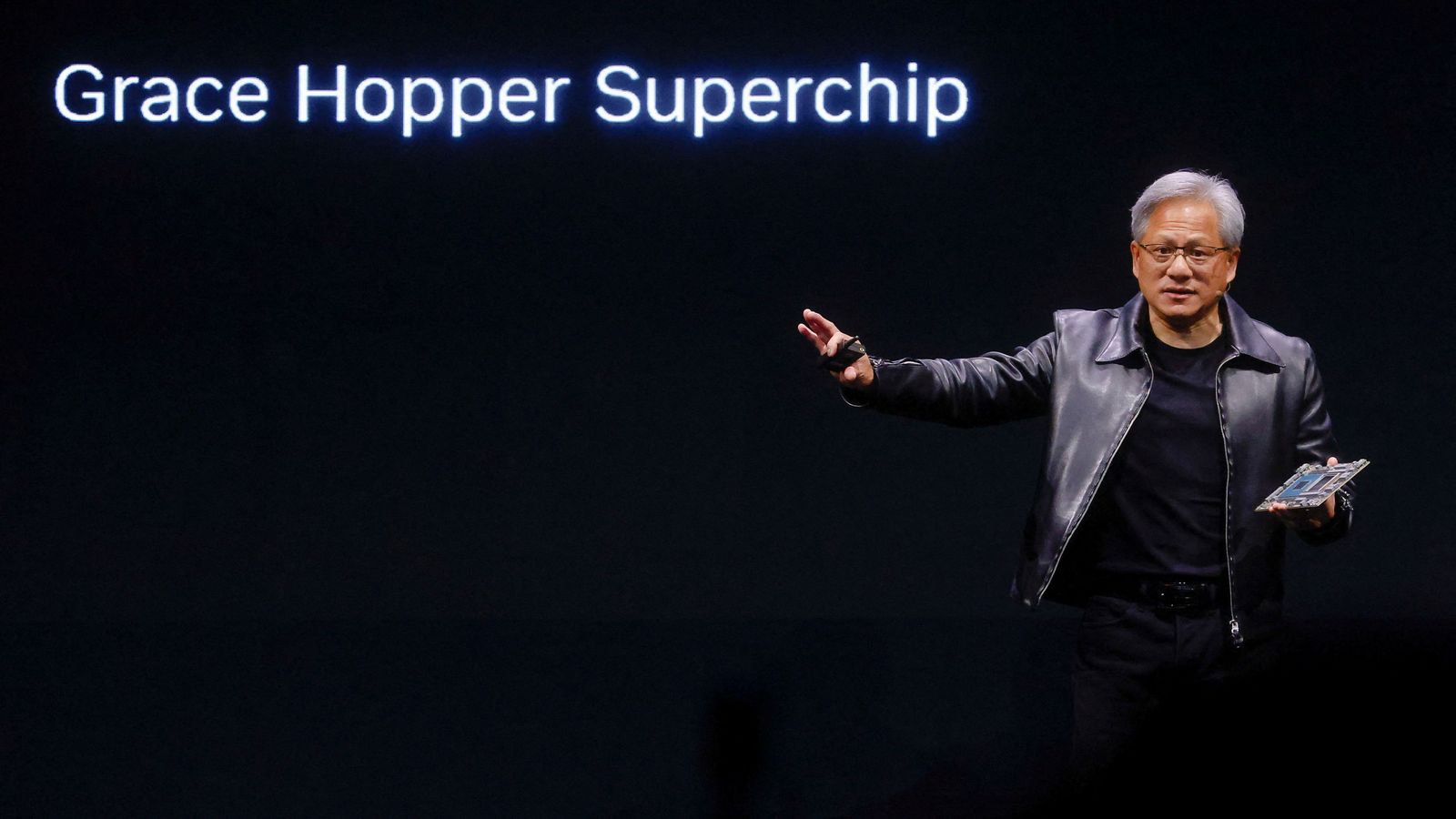Taxpayers will help pay for the operating costs of a US-owned fertiliser manufacturer amid the ongoing energy crisis – just weeks after the government announced it was cutting Universal Credit and raising National Insurance contributions.
In a deal brokered by Business Secretary Kwasi Kwarteng, the UK Government will provide “limited financial support” towards CF Fertilisers’ running costs to ensure the supply of CO2 for the food sector continues.
This comes despite Mr Kwarteng admitting the combination of rising gas prices and the looming £20 a week cut to Universal Credit meant hard-pressed families could face a “difficult winter”.
Some 4.4 million households on Universal Credit are poised to see their energy bills rise significantly in October – the same month the uplift to the benefits payment ends, the Resolution Foundation think tank has calculated.
However, the Prime Minister has refused to back down over planned benefits cuts insisting the government’s approach was “the best way forward”.
When asked if the decision to reduce the benefit was final, Boris Johnson told Sky’s Beth Rigby: “What we would much rather see is people getting paid well in high wage and high skilled jobs…”
The agreement with CF Fertilisers, which produces around 60% of the UK’s CO2, will be in place for three weeks while the “market adapts” to the surge in global gas prices, according to the Department for Business, Energy and Industrial Strategy (Beis).
Beis officials said the “exceptional short-term arrangement” with the American business would allow the company to immediately restart operations and produce CO2 at its Billingham plant in Teesside.
There had been fears that without action, the UK could face shortages on supermarket shelves.
Ian Wright, chief executive of the Food and Drink Federation, had warned that shoppers may notice products missing “in about 10 days” if a solution was not found.
Speaking to Sky News before the deal was announced, the Prime Minister looked to reassure the public by insisting “Christmas is on” following concerns within the poultry industry about turkey supplies.
CO2 is injected into the packaging of perishable foods such as meat and salads to inhibit the growth of bacteria, typically prolonging the shelf life of products such as beef steak by around five days.
The gas is also used to stun animals prior to slaughter, and is deployed as a coolant for medicines and vaccines in the NHS, and likewise in nuclear programmes.
Meanwhile, the turbulence in gas prices could potentially see more energy suppliers go to the wall while also placing additional financial burden on the UK’s poorest households.
Mr Kwarteng has vowed to protect consumers from bill hikes by keeping in place the energy price cap as he ruled out taxpayer bail-outs for companies which have been “badly run”.
Emma Pinchbeck, chief executive of trade association Energy UK, said the immediate concern needed to be about helping energy companies through “a really unprecedented time”.
Ministers and industry figures have said there is no risk of the lights going out this winter, with energy supplies secure despite the rising costs.




